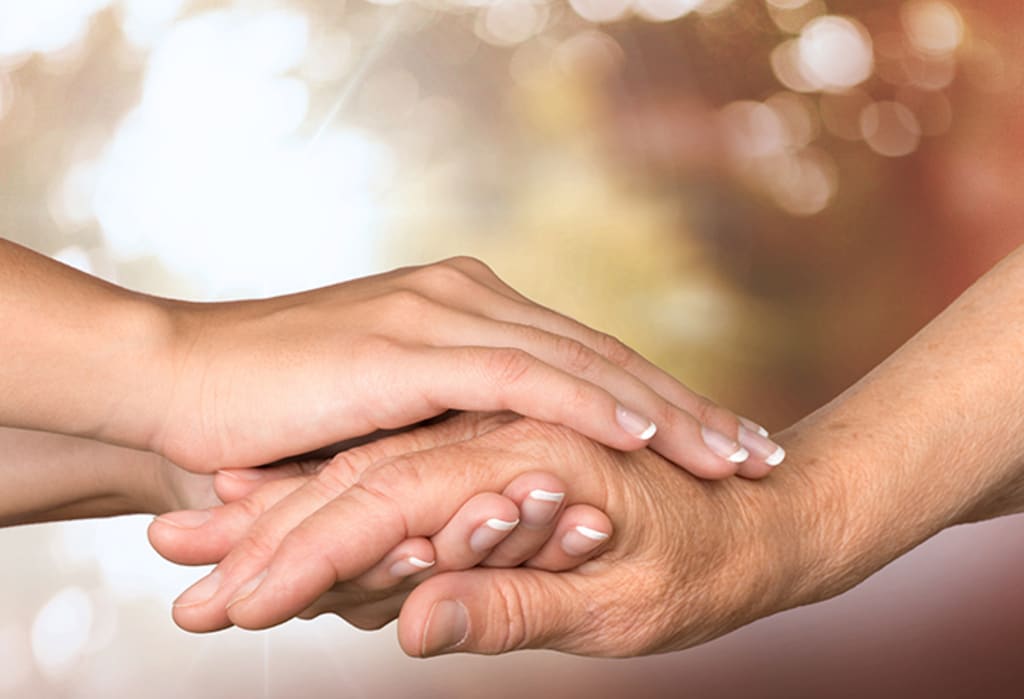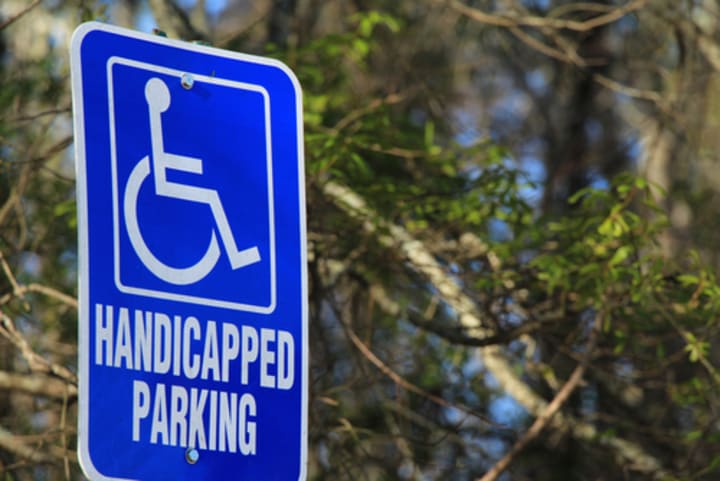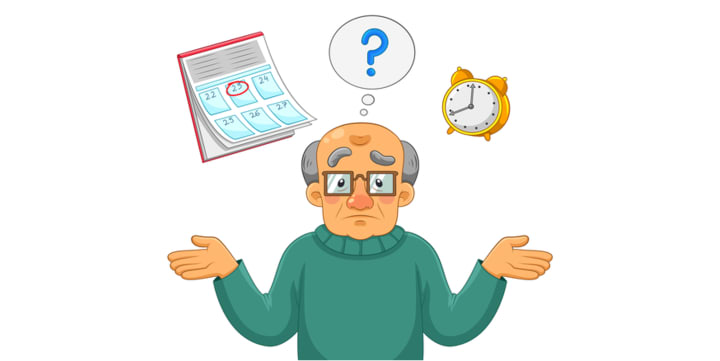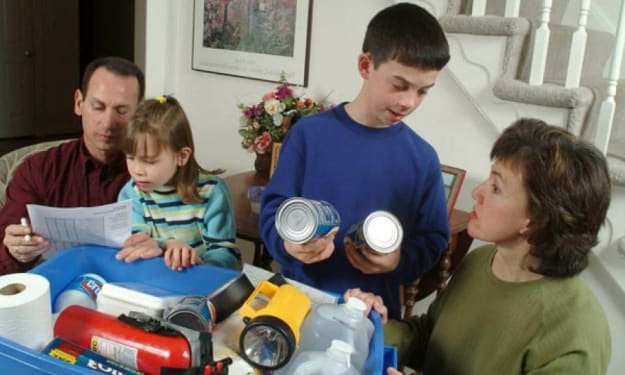
A caregiver is a person who helps an individual with activity and support in their daily lives. Caregivers perform all sorts of tasks, from shopping to bathing. Overall, they provide for another person’s basic needs and social care. Almost a third of the adult US population is a caregiver. Caregiving is considered informal healthcare, even though it provides essential services. In many cases, they operate on the front lines of healthcare service providers. In the US, there are 48 million caregivers. If you are a caregiver, here are some ways that you can prepare for a disaster.
What Is There Handicap?

The first thing you’ll need to think of are ways to keep your patient’s care continuing as smoothly as possible. If they are wheelchair user, keep a manual one on hand. Invest in a generator if you depend on electrical equipment. If they depend on medical supply deliveries, talk to your distributor about proper storage techniques to keep a couple extra on hand just in case there are supply chain disruptions. Talk to their insurance company about getting a duplicate of any machine you rely on for their health. Many offer an upgrade every year, even if the older model is still perfectly good.
Medications

66% of adults use prescriptions to treat a chronic condition. Most insurance companies have policies that will allow you to get a three-month refill on such medication. If you can do that, then you should store about two weeks’ worth in a cool, dry place in its original container. You can get spare medicine bottles from your pharmacy if you ask nicely to store them in your preps. If they are easily accessible, keep them in a spot away from children and pets. If in your go-bag, have them well hidden from others. Store medication requiring refrigeration in a cooler bag with ice. You rotate every 24 hours. To find an emergency prescription after a disaster visit http://rxopen.org/ to find an open pharmacy.
Form A Community Support Network

Unless your client requires 24-hour care, then it’s a huge possibility that when disaster strikes, you won’t be there. Ask a trusted neighbor to watch out for them in your absence, and to check on them shortly after a disaster. Make sure they know where the emergency supplies are kept and how to reach you. Talk to your local EMS station about your client’s healthcare needs so when a disaster does strike, they’ll be a top priority case. Have a trusted out-of-town member serve as the emergency coordinator in the event you are separated during an evacuation. It will be a good idea to make sure they have an updated contact list as well in case yours gets destroyed.
Dementia

Most people with dementia are cared for at home. Dementia is a general term for a condition that causes loss of memory, language, problem-solving, and other thinking abilities that interfere with daily life. Prepping for someone with dementia can be quite stressful. Before a disaster enroll them into a person tracking program at their local police department. Provide them with as much reassurance as you can. Redirect their energy by giving them tasks they enjoy. If you have to evacuate to a public shelter, keep them by your side. Let the staff members know about their situation so they can help you watch them. If possible, find a quiet space to decompress at if they begin having sensory overloads.
The Aftermath

Try to maintain normalcy by sticking to their daily schedule the best you can. Give them suitable tasks they can complete on their own to aid in the clean-up. See if you can get the out-of-town contact to take them in until you can make the home livable again. If they do, stay in regular contact with them and your patient. Get the home inspected to make sure the structure is safe to live in. If possible, become their power of attorney so you can make hard decisions on their behalf. Don’t forget to practice self-care. You can’t help others if you aren’t taking care of yourself. Schedule short rest periods between long tasks. Eat well-balanced meals and stay hydrated.
About the Creator
M.L. Lewis
Welcome to my little slice of pie. This blog will primarily focus on prepping and homesteading skills with a sprinkle of fiction every now and then.
Enjoyed the story? Support the Creator.
Subscribe for free to receive all their stories in your feed. You could also pledge your support or give them a one-off tip, letting them know you appreciate their work.






Comments
There are no comments for this story
Be the first to respond and start the conversation.